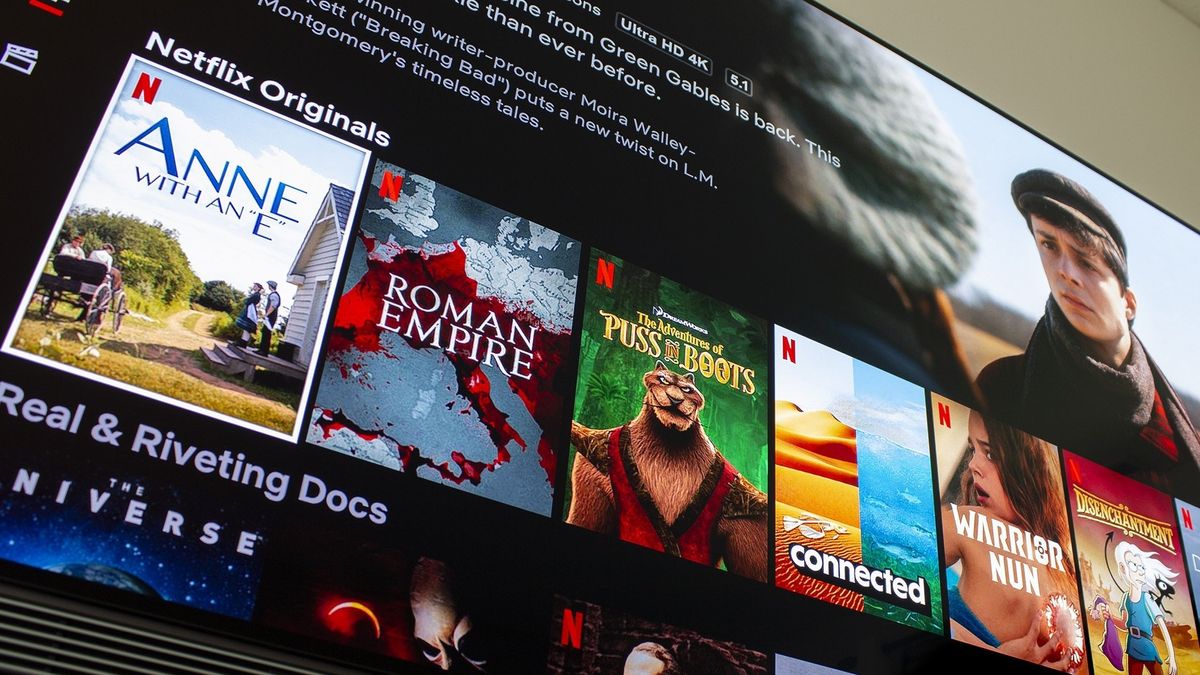What it’s good to know
- Paperwork from the Google vs Epic antitrust case present the previous as soon as supplied Netflix a singular deal to make use of its billing service solely.
- Inside Netflix paperwork present Google supplied it a ten% payment on gross sales so it would not use its personal billing, successfully consuming all earned income.
- Netflix declined, stating Google’s billing couldn’t “outperform” its personal service.
Because the Google and Epic Video games antitrust case continues, extra data is coming to mild highlighting the previous’s previous of providing offers to app builders.
In line with The Verge, paperwork offered earlier than the court docket through the Google vs. Epic case present that the previous tried to supply a deal to Netflix to keep away from it successfully taking all income. Since Netflix’s personal billing as soon as existed by means of its Android app, Google was prepared to cut down its service payment to 10% so Netflix would solely supply Play Retailer billing again in 2017.
This is able to’ve allowed Netflix to retain 90% of its gross sales whereas Google might take a small portion.
Proof in court docket confirmed this was a part of a “platform growth companion” below a Google program referred to as “LRAP++.” This was a deal Google supplied after Netflix initially had a 3% payment, adopted by a 15% gross sales payment, in keeping with a video that includes Paul Perryman, Netflix’s vice chairman of enterprise growth.
Nevertheless, Netflix declined Google’s supply because it estimated it might lose income yearly. An inside doc learn, “Assuming all Android in-app signups got here by means of GPB (Google Play Billing), Netflix would lose ~$250M USD on 1 12 months of signups, even when accounting for the incremental uplift.”
The service argued additional, stating it could not “see a state of affairs the place Google’s fee system would outperform, and even match our personal.” And it is no shock that Netflix would not pay Google something, as these seeking to subscribe should achieve this by means of their browser.
Google spokesperson Dan Jackson instructed The Verge, “It’s no secret that Google Play presents a variety of charges that consider the various wants of our developer ecosystem or economics of various industries or app verticals, like streaming video.”

Data coming to mild follows on the heels of affirmation that Google as soon as supplied Fortnite creator Epic Video games $147 million to stay on the Play Retailer. The corporate had eliminated Epic’s recreation because it gave customers a solution to buy in-game forex with out going by means of Google. This was in “violation” of retailer pointers, prompting its removing. Ever since, the sport has been non-existent on the Play Retailer, a selection Epic has caught by because it avoids the cruel 30% charges imposed on builders.
Google’s resolution to aim to make a take care of Epic was layered with concern because it might’ve spurred a “contagion impact,” giving different builders the concept to depart, as effectively.
Nevertheless, Epic Video games continues to argue in court docket that Google’s sheer “management” and discouraging “disadvantages” imposed on apps that go away is disheartening.
